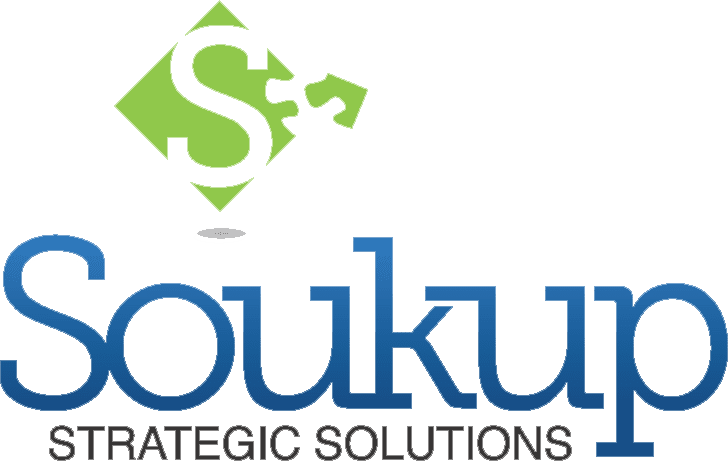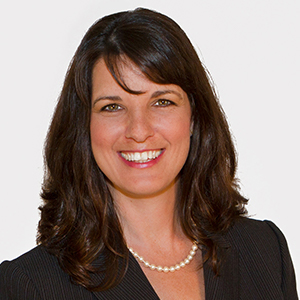Early in my career, I had the opportunity to serve as an executive director of a nonprofit. I loved my work. My days were filled with expected responsibilities but also unexpected moments of joy, like witnessing a child writing their name for the first time, showing a homeless family their new home, eating my first-ever tomatillo from our community garden, seeing a barefoot child get a new pair of shoes, cutting the ribbon on a new playground and watching the children run to play, driving a backhoe loader into an old building to create a new community center, opening the door to a new refrigerator that a husband and wife donated as their Christmas gift to one another, breaking ground on a new apartment community, or receiving a donor who showed up out of the blue with a massive check. These experiences were the moments when I truly understood how nonprofit leaders focus on impact—not just through day-to-day tasks but by creating lasting, meaningful change for the communities we serve.
My life as an executive director was so full of wonderful, unexpected moments that it’s hard to narrow them down to just a handful! There were also plenty of disasters, like hurricanes, fires, floods, and burglaries, to name a few. Each day was different; I could start my day in a trailer park and end it at a gala. My day-to-day duties could range from changing the paper towels in the restroom to managing a multi-million-dollar budget. Such is the reality of many nonprofit executives. Over time, I learned how nonprofit leaders focus on impact by finding ways to balance these varied responsibilities and aligning them with the organization’s mission.
Ready to amplify your nonprofit’s impact? Let our team guide you through strategic planning, organization assessment, grant writing services, and leadership development. Contact us today for a free consultation and discover how we can help you focus on what truly matters.
The Struggle to Delegate and Focus on Impact
I found myself challenged with balancing the many responsibilities inherent to the position. Like many nonprofits, we were understaffed. We had many wonderful volunteers, but they were not available every day, so I continued to juggle responsibilities, working long hours and handing off duties where I could. I longed for the ability to delegate more of my work to people I could count on daily, so I focused on raising more money so we could hire more staff. As the nonprofit grew, I was finally in a position to hire additional staff and delegate more responsibilities.
I knew that delegation would allow me to dedicate more time to leadership and fundraising activities, but I initially struggled with the decision on what to delegate. I wanted to continue to tap into my natural talents and areas of greatest interest, but I also knew that I needed to give up doing things I loved in order to focus on things that were most important to my position. It took me awhile to get it right.
I initially hung on to things that I was most comfortable with rather than the things that I could be most impactful by doing. One of my biggest mistakes was retaining responsibility for grant writing. I spent too much time at my computer writing grants, when I should have delegated the computer time to a well-trained staff member, while retaining the responsibility for developing strong relationships with the funders. If I gave up my time in front of the screen, I could have spent that time face-to-face with more grant funders, donors, and major gift prospects.
Strategies for Nonprofit Leaders to Focus on Impact
Hindsight is 20/20. I share this with others today because I see many executive directors and directors of development making the same mistakes I made. They hold onto things they should delegate and forgo activities that could have a huge positive impact on the future of their organization because they don’t have the time. Truth be told, it can be very difficult when you’re in the seat to understand where your time should be spent, unless you step back and look at your position and your organization objectively from a fifty-thousand-foot level.
Here are some tips to help you gain perspective and identify where your organization needs you to focus your time, talent, and energy:
- Organizational Assessment – conduct an organizational assessment (or have someone help you) to give you the insight that you need into what is working and where you can make improvements.
- Strategic Planning – Long-range strategic planning can help you identify what is most important for you to focus on in the short term to achieve your long-term goals for the organization.
- Develop an Annual Operational Plan – Keep yourself focused on the right things by developing an operational plan for the year and evaluating your progress every month or quarter. Review the reports and remind yourself of where you need to focus your time and energy to continue making progress toward your annual goals.
- Executive Coaching – Sometimes outside help is needed to gain perspective. Your coach can help you see things that are difficult to perceive on your own, develop new skills, and work through issues your organization is facing.
- Take Time Off – Taking a break and getting away from the day-to-day grind can bring everything into perspective, leaving you better prepared to focus on what’s important and tackle the challenges ahead.
Personal Growth and Continued Leadership Development
Each of these strategies has helped me in my own work. For example, my experience working with a coach as a young executive director helped me immensely, particularly in developing communication, self-management, and leadership skills. The things I learned from my coach 15+ years ago still help me in my work today. While the focus of my coaching sessions is different now, I continue to invest in coaching to help me grow as an executive today. I have found that vacations have an immediate effect on me, re-centering my focus and reminding me what is most important in work and in life. Strategic planning is vital to all we do at Soukup Strategic Solutions, and our long-range goals are central to my day-to-day work life.
If any of these ideas resonate with you, or if you have your own experiences about how nonprofit leaders focus on impact, I’d love to hear from you. I’m compiling stories from nonprofit leaders to share insights and strategies on focusing on what truly matters. Stay tuned for these shared experiences that will help all of us learn and grow together.






